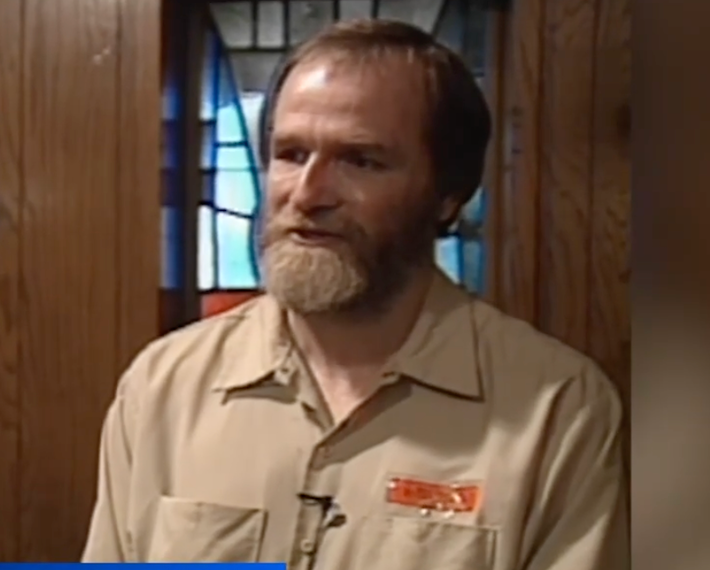Sole suspect in Tylenol murders case found dead at home
James Lewis was convicted of attempting to extort $1m from Johnson & Johnson but never formally accused of poisoning spree that killed seven in Chicago in 1982

The sole suspect in the Tylenol poisoning murders that claimed seven lives and led to changes in how over-the-counter prescription drugs are manufactured and sold has died.
James Lewis, 76, was found unresponsive at his home in Cambridge, Massachusetts, on Sunday, and pronounced dead soon after, authorities said.
His death has frustrated law enforcement who had continued to pursue Lewis over the indiscriminate 1982 killing spree in the Chicago area that left six adults and a 12-year-old girl dead from cyanide poisoning.
Lewis was convicted of attempting to extort manufacturer Johnson & Johnson after sending a letter claiming responsibility for the deaths and demanding $1m to “stop the killing”.
He was questioned as recently as September over the poisonings, in which a suspect laced bottles of Tylenol with potassium cyanide.
But no-one has ever been charged over the deaths, which led to widespread panic and sweeping changes to the way prescription drugs were bought and sold.
Lewis was arrested in 1982 after a nationwide manhunt, and served 12 years in federal prison for trying to extort the drug manufacturer.
He later admitted sending the letter, but said he never intended to collect the ransom fee.
In a 1992 jailhouse interview with ABC 7 Chicago, he described how the killer would have used a pegboard to drill holes into the Tylenol capsules and inject them with deadly cyanide.
Lewis always denied he had carried out the poisonings.
Former US Attorney Jeremy Margolis, who prosecuted Lewis for extortion, expressed regret he had avoided being held accountable for the murders.

“I was saddened to learn of James Lewis’ death. Not because he’s dead, but because he didn’t die in prison,” Mr Margolis said in a statement to the Chicago Tribune.
Another who worked on the case, retired FBI special agent Roy Lane, told the news site that justice had been “short-circuited” by Lewis’ death.
Victims Mary Kellerman, 12, Mary McFarland, 31, Mary “Lynn” Reiner, 27, Paula Prince, 35, and Adam Janus, 27, his brother Stanley Janus, 25, and sister-n-law Theresa Janus, 20, all lived in the Chicago area.
They were hospitalised and died within the space of a few days in late September and early October 1982, triggering a nationwide scare.
Their deaths led the Food and Drug Adminstration to introduce anti-tampering features such as foil seals to packaging that remain standard.
Congress passed the “Tylenol bill” in 1983 which made it a federal offence to tamper with packaging.
Police long suspected revenge as a potential motive for the killings.
Lewis’ five-year-old daughter Toni had died in 1974 after sutures made by a Johnson & Johnson subsidiary that were used to fix her congenital heart defect had torn.
After his release from prison in 1995, Lewis moved to Massachusetts where he lived with his wife.
According to the Chicago Tribune, he met with investigators from the Illinois State Police for several hours in September last year.
The interview was described as the most significant activity in the case in a decade, but failed to lead to an arrest or charges.
Cambridge police superintendent Fred Cabral said officers had found Lewis’ body after being asked to perform wellness check by his wife, who was out of town.
A cause of death was not immediately available, but police said there were no suspicious circumstances.



Bookmark popover
Removed from bookmarks